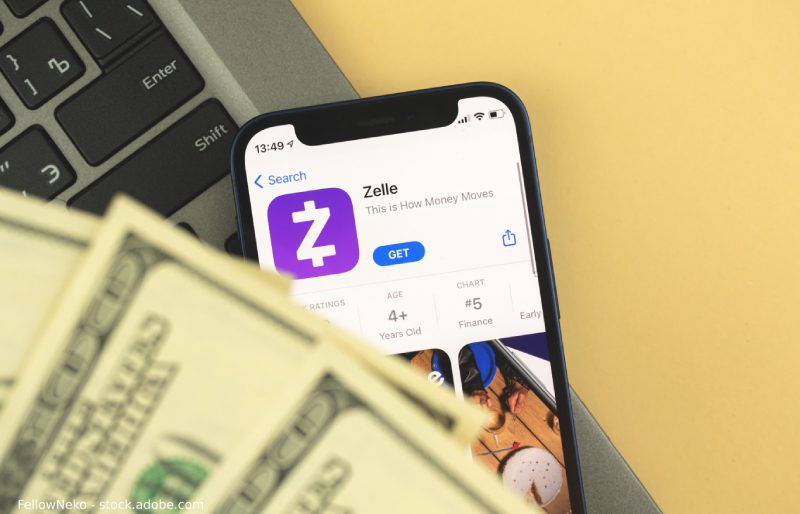Zelle is an extremely convenient platform for making and receiving payments. It allows for quick, hassle-free transactions and is therefore very popular among bank customers. Unfortunately, it is also a common target for scammers and fraudsters. Zelle users need to take great care to protect their information and money when using the app. Here is a brief explanation of the kinds of financial frauds and scams you should look out for, and how to protect yourself against them.
Scams On Zelle
Zelle distinguishes between fraud and scams, both of which are a definite risk for customers who use the platform. Fraud involves someone gaining access to your account and using it to complete transactions without your knowledge and consent. Since the customer does not authorize these payments, they are classed as being fraudulent transactions, rather than scams.
Scams involve criminals luring you into authorizing transactions under false pretenses. If you are tricked or persuaded into using the app to pay for goods and services that you never receive, this is generally regarded as a scam. Some of the most common cases of Zelle scams involve people claiming to sell concert tickets or pure-bred puppies. They ask their marks to make payment to their accounts via Zelle in order to effect delivery, but then the tickets or dogs never arrive. The problem with these transactions is that you authorize them, and so your bank and Zelle have no liability for the funds you lose.
In cases of unauthorized payments, you are entitled to recourse and should contact your bank immediately. Even if you have been scammed and cannot expect a refund from your bank, you should still contact them to advise them that scammers are using Zelle to steal money from customers.
Here’s How You Can Protect Yourself
The best way to fight fraud and scams is to prevent them from happening in the first place. This requires you to be extra vigilant with regard to all activities on your bank account. You should also be very careful before accepting any offer of goods or services. If you are being asked to transfer funds remotely before you have even seen the goods in question, you should treat the offer with suspicion. Don’t pay anything until you are sure the deal is legitimate, preferably with a direct exchange of funds and goods. If you still fall victim to fraud or scams and your bank does not offer you the protection or compensation it is legally required to, you can always consult a financial fraud or Zelle lawyer, and see what legal action you are entitled to take.
How Does Fraud Protection Work?
There are several measures you can take to protect yourself against fraud. Credit monitoring can alert you to any new activity that affects your credit score. If someone fraudulently uses your personal details to open a credit card account, for example, you will be alerted and can take immediate action. Social security monitoring works in a very similar way. With regard to digital payment apps such as Zelle, unauthorized payments can be prevented through the use of multiple-factor authentication or one-time pins (OTP). This will both alert you to any pending transactions, and give you the opportunity to either approve or decline them. If a fraudulent transaction should arise, you can stop it and report it immediately.
If you have been a victim of financial fraud and scams, and feel that your bank was obligated to do more to protect or compensate you, you should speak to a financial fraud lawyer. Contact Shamis & Gentile, P.A. and book a consultation.










